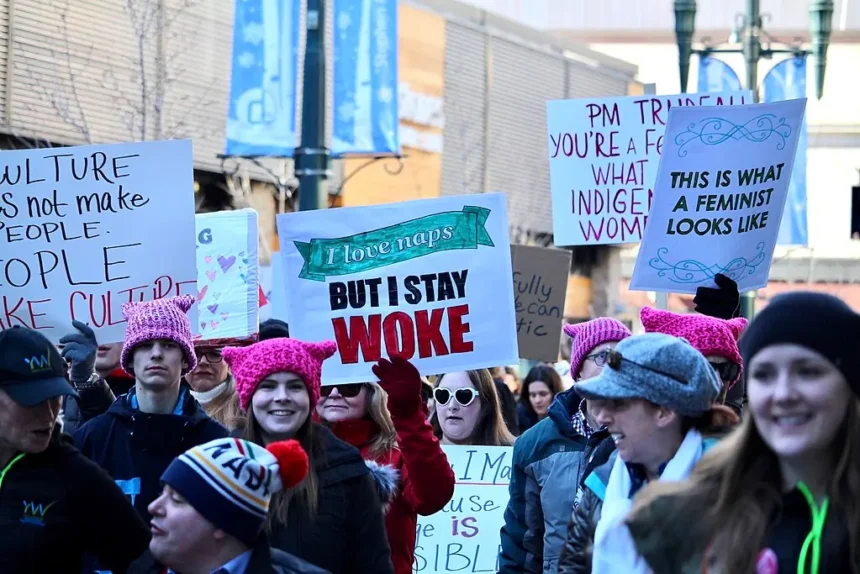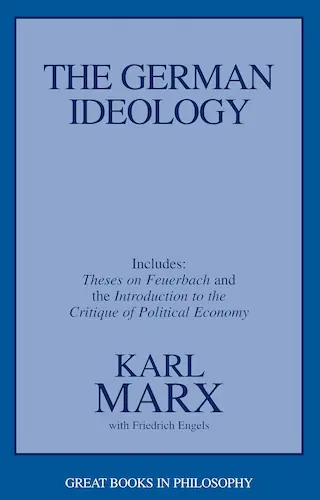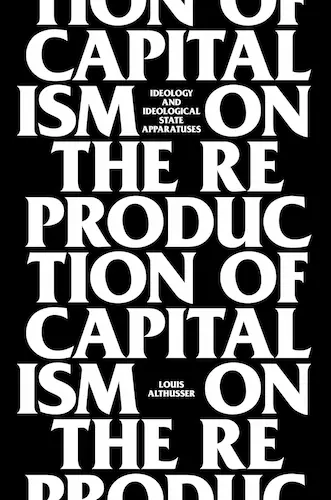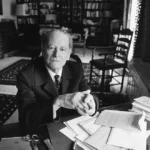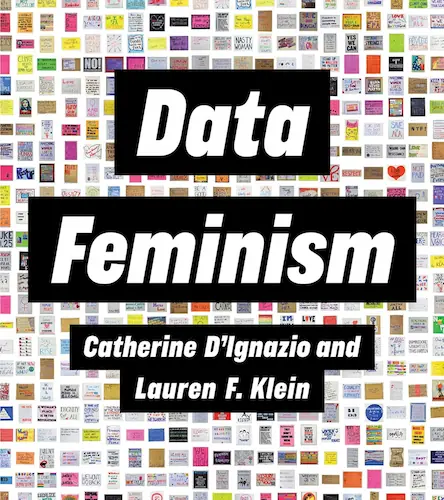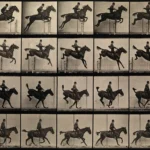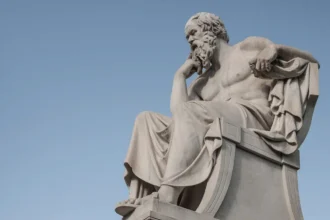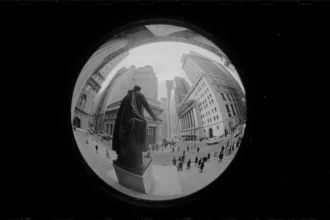The Resurrection of Ideology as Accusation
Across contemporary political debate, the term “ideology” is used increasingly to accuse rather than to explain. It no longer refers primarily to structures that sustain domination, but to viewpoints deemed illegitimate or dangerous. Deployed across the political spectrum, it no longer serves as an analytic category but operates as a rhetorical weapon—evoking distortion without demonstrating it.
The word, once intended to clarify the unseen workings of power, now often serves to discredit without argument. It marks disagreement as irrational, short-circuiting debate. The term no longer clarifies; it forecloses.
For Marx, ideology referred to the inversion of social reality: a process through which the ideas of the ruling class became the dominant worldview. His notion of “false consciousness” helped explain why subordinated classes might accept their conditions as just or inevitable. Ideology, for him, was not a synonym for propaganda; it was a structural explanation of how domination reproduces itself.
Louis Althusser expanded this insight by locating ideology in the institutions of everyday life. Through what he called Ideological State Apparatuses—school, church, family—subjects are interpellated into positions that align with the needs of the system.
Ideology, in this sense, is not a deviation from truth but a condition of social formation. The concept became a means of understanding how power embeds itself in what appears neutral.
During the Cold War, however, the term “ideological” was stripped of its critical function. It became a label for the enemy. In much of Western political discourse, to be ideological was to be aligned with communism, and thus to be outside the bounds of rational deliberation. The word served not to illuminate worldviews, but to exclude them.
That tendency has intensified in recent years. Figures like Jordan Peterson describe academic and cultural institutions as captured by “postmodern neo-Marxist ideologies.” Commentators in the UK describe an “ideological war” led by “woke elites”—a narrative critically examined by Davies and MacRae. On the left, some critics argue that claims to neutrality conceal entrenched hierarchies. Across these positions, “ideology” acts not as a concept but as a signal of alarm. It flags a threat, real or imagined, without analysis.
From System to Slur
This shift from explanation to denunciation reflects a broader transformation in how legitimacy is contested. Liberal institutions, once presumed neutral, are now accused of ideological capture. The accusation itself often escapes scrutiny.
What presents itself as a defense of freedom often takes the form of moral panic.
Progressive critiques frequently seek to reveal the ideological underpinnings of norms—whiteness, heteronormativity, neoliberalism. Conservative discourse, by contrast, treats ideology as a contaminant: something imposed, irrational, and divisive. The aim is not to engage, but to pathologize.
This asymmetry allows dominant positions to appear non-ideological. The label “ideological” is often used to cast opponents as biased while presenting one’s own views as factual or common sense. The effect is not clarification but concealment.
The Illusion of Neutrality
Neutrality often functions as a mask for dominant assumptions. What presents itself as objective is frequently shaped by histories of exclusion. As Žižek writes, ideology is “our spontaneous relation to our social world” . It does not impose itself from above but operates through habits of perception.
This helps explain why managerial discourse, economic rationality, and scientific language are so often treated as beyond ideology. When these are challenged—by feminist critiques of data, or by Indigenous epistemologies—they are defended as neutral while the critique is labeled ideological. The double standard silences dissent.
In this configuration, ideology no longer names a system but a stigma. It separates what counts as legitimate from what is suspect. Those who name ideology are seen as compromised. Those who deny it are granted authority.
The Moral Panic Over Ideology
This logic is evident in the attacks on “wokeness.” What presents itself as a defense of freedom often takes the form of moral panic. The battle is not over specific policies but over who controls meaning itself .
To see ideology is not to lapse into relativism but to acknowledge the conditions of our perception.
In this context, the term “ideology” becomes shorthand for any discourse that foregrounds history, injustice, or identity.
Traditions that once used ideology to expose domination—Marxism, feminism, postcolonial theory—are reframed as dogmatic or destabilizing. Their critics adopt the language of realism, even mental health.
This rhetorical inversion reshapes public discourse. What gets heard and what is dismissed is shaped more by the perceived ideological alignment of the speaker than by the strength of their argument. The concept no longer clarifies conflict—it obscures it.
Reclaiming the Concept
Ideology has returned as a weapon in a political landscape stripped of shared frameworks. The aspiration to a post-ideological consensus has collapsed. What remains is a competition over the frameworks that define what counts as reason.
To meet this moment, the concept must be reclaimed, not discarded. Ideology is not a rhetorical tactic. It is a means of understanding how authority is constructed and sustained. It applies to every position—including those that claim to have none.
To see ideology is not to lapse into relativism but to acknowledge the conditions of our perception. Neutrality is not the absence of ideology; it is one of its most effective forms. Making that visible is the first task of critique.
If political understanding is to be more than performance, it must recover its tools. Ideology is one of them. Not as insult, but as insight.


